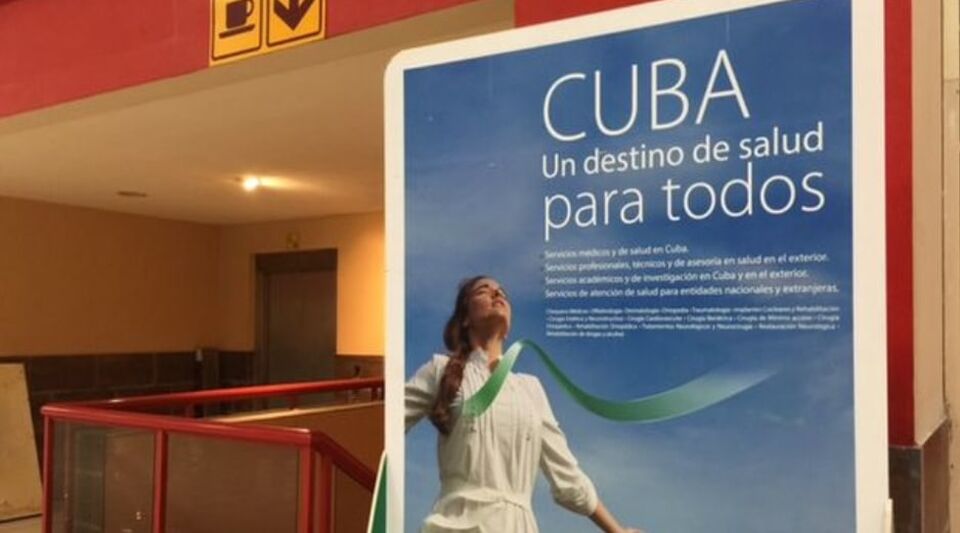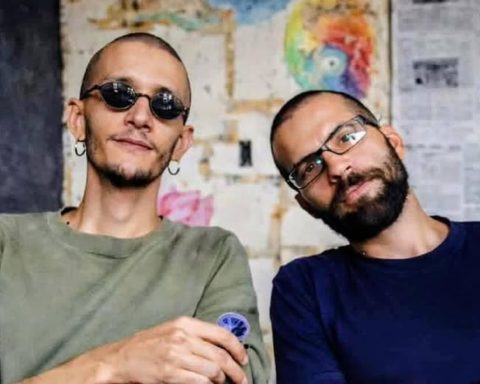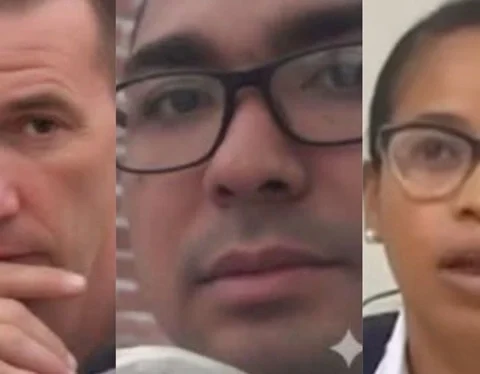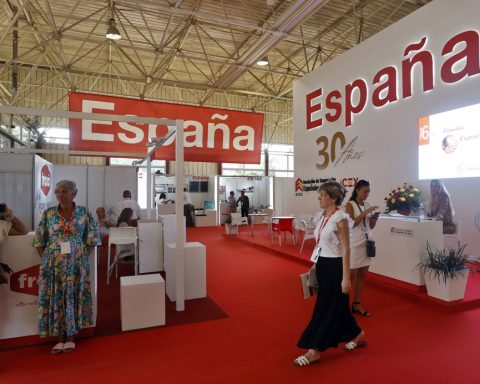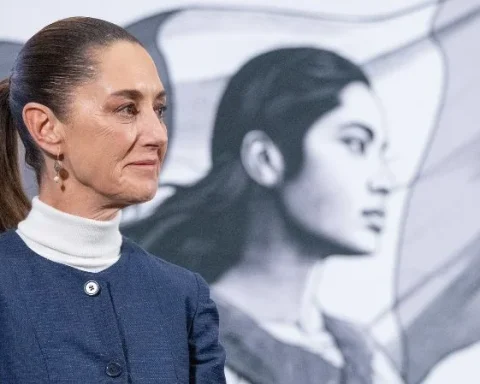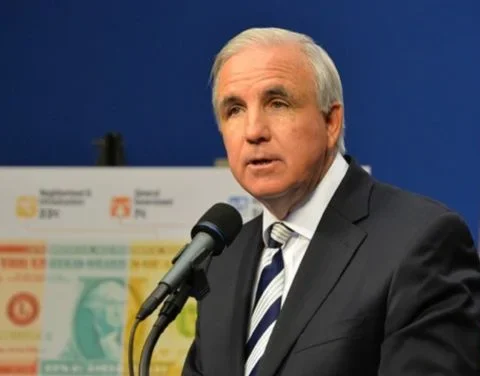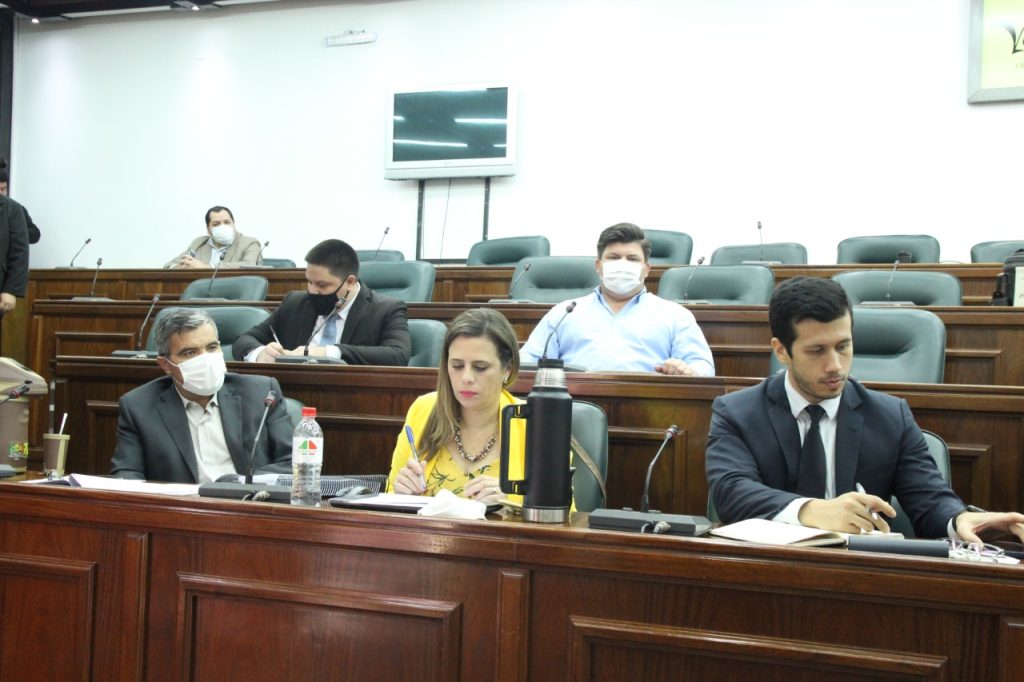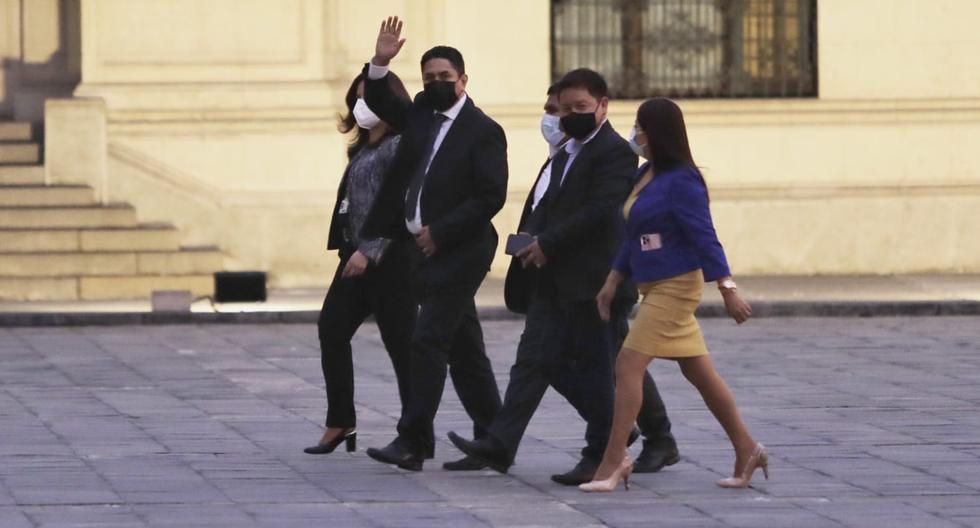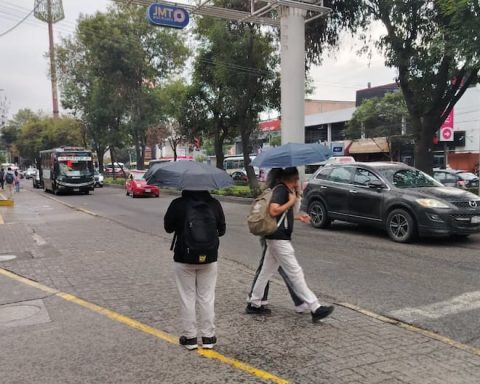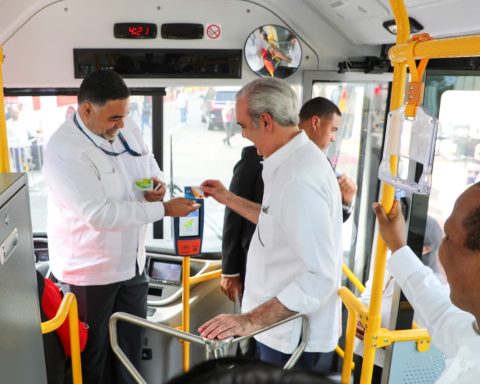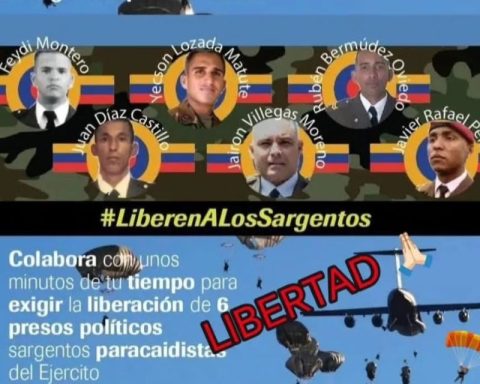The Spanish hotel company Meliá has signed an agreement with the Comercializadora de Servicios Médicos Cubanos to include health “products” in its hotels. In this case, it is not a question of an offer of highly trained specialists in medicine, as Cuba de la Comercializadora always presumes, but of alternative treatments aimed at enhancing the “quality of life”.
As reported by the web Travel Trade Caribbean, the project, ratified by Francisco Camps, representative of Meliá Cuba, and Yamila de Armas, president of the Comercializadora, includes “massages of different types, therapies associated with music, aromas and yoga, tai chi, laser puncture, guided relaxation and anti-stress programs” .
All this will be served in the 32 hotels that Meliá currently controls on the Island, managed together with the Cuban State through an administration contract.
Thus, the Comercializadora made the announcement that it made last September to diversify its range of action and get fully into the market. “wellness” tourism. With this, the Cuban State intends to use one of its main propaganda assets, medical services, to recover the tourism sector, its third source of income, after a year and a half of debacle by the covid-19.
Thus, the Comercializadora made the announcement that it made last September to diversify its range of action and fully immerse itself in “wellness” tourism.
The Spanish company is still involved in the lawsuit filed two years ago by the Sánchez Hill family, through the Central Santa Lucía company, for the operation of two hotels in Playa Esmeralda, Paradisus Río de Oro and Sol Río y Luna Mares. after the Donald Trump government activated titles III and IV of the Helms-Burton Act, approved in 1996.
The lawsuit was filed in the Spanish courts, which have not yet sentenced the case. Meliá has always argued that this case cannot be tried in Spain, since it goes against the “Community Blockade Statute”, a norm approved by the European Union to prohibit in its territory the application of US judicial decisions related to the Helms-Burton Law.
In any case, the Executive Vice President and CEO of Meliá, Gabriel Escarrer, has been prohibited from entering the US since October 2019 as a result of this cause.
In its 2020 management report, Meliá stated that, of the 35 hotels it had at the end of 2019 in Cuba, with 14,781 rooms, at the end of 2020 it had 32 establishments and 13,916 rooms.
According to their accounts, the income obtained in Cuba fell by 84% in 2020, and 60% of its hotels remained closed for much of the year due to the pandemic.
________________________
Collaborate with our work:
The team of 14ymedio He is committed to doing serious journalism that reflects the reality of deep Cuba. Thank you for joining us on this long road. We invite you to continue supporting us, but this time becoming a member of our journal. Together we can continue transforming journalism in Cuba.
